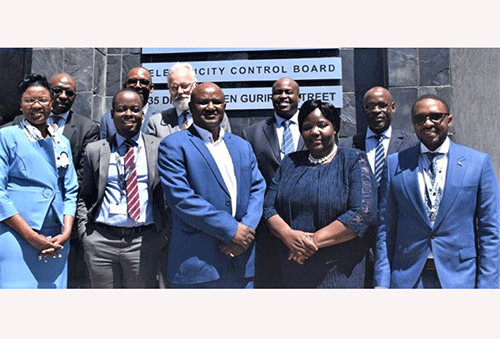An increase in the generation of electricity for own consumption by customers like solar rooftops, which is not subject to the Electricity Control Board levy, was one of the factors that contributed to a reduction in the volume of electricity supplied.
This in turn translated to a decrease in profit for the ECB whose income for 2021 amounted to N$86.4 million, representing a decrease of 7.75% from the N$93.7 million recorded in the previous financial year.
According to the 2021 ECB annual report, tabled in parliament this week, the board’s main source of revenue is levy income.
“The actual volumes of electricity supplied decreased by 10.3%, compared to the previous financial period. The reduction in electricity units sold emanates from the prevailing decrease in economic activities, which are primarily attributed to the impact of Covid-19,” reads the report.
The levies received are charged on volumes of electricity supplied by the Namibia Power Corporation (NamPower) and licensed embedded and isolated generators. The ECB levy charge per kWh remained the same for the 2020/2021 financial year.
Other income for the period under review was derived mainly from interest earned, licence fees, and rentals earned on the former ECB office building.
Outlining the future outlook, the report stated the ECB’s financial position remains sound, but the reduced electricity consumption levels are not expected to recover at a fast pace, given the prevailing economic downturn which remains a concern for the ECB’s future revenue projections.
“The ECB continues to implement prudent financial measures to ensure financial sustainability in the short, medium, and long-term. A review of the existing financial policy will be undertaken to ensure the policy responds to the growing operations of the ECB,” the report stated. –mndjavera@nepc.com.na



